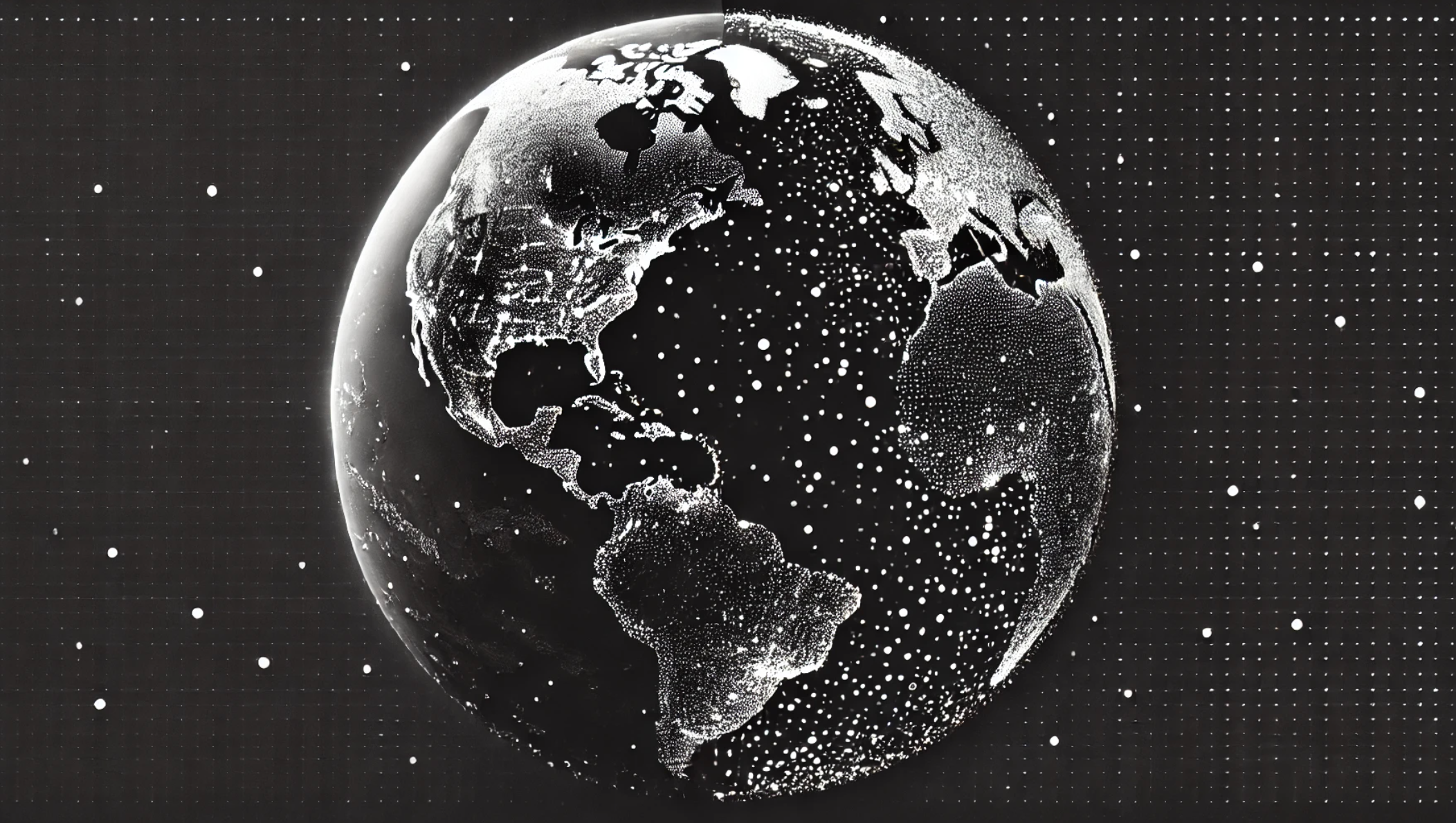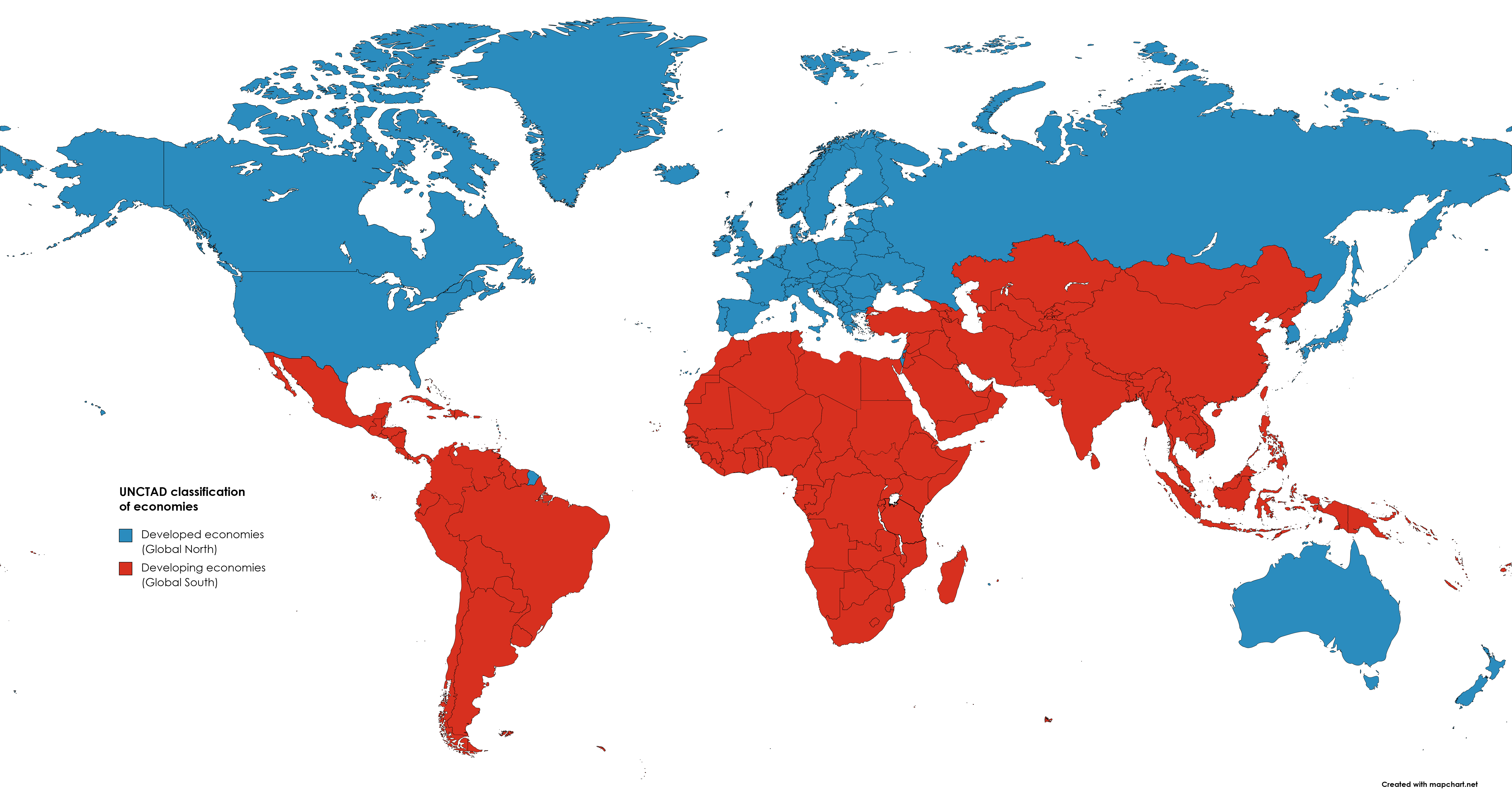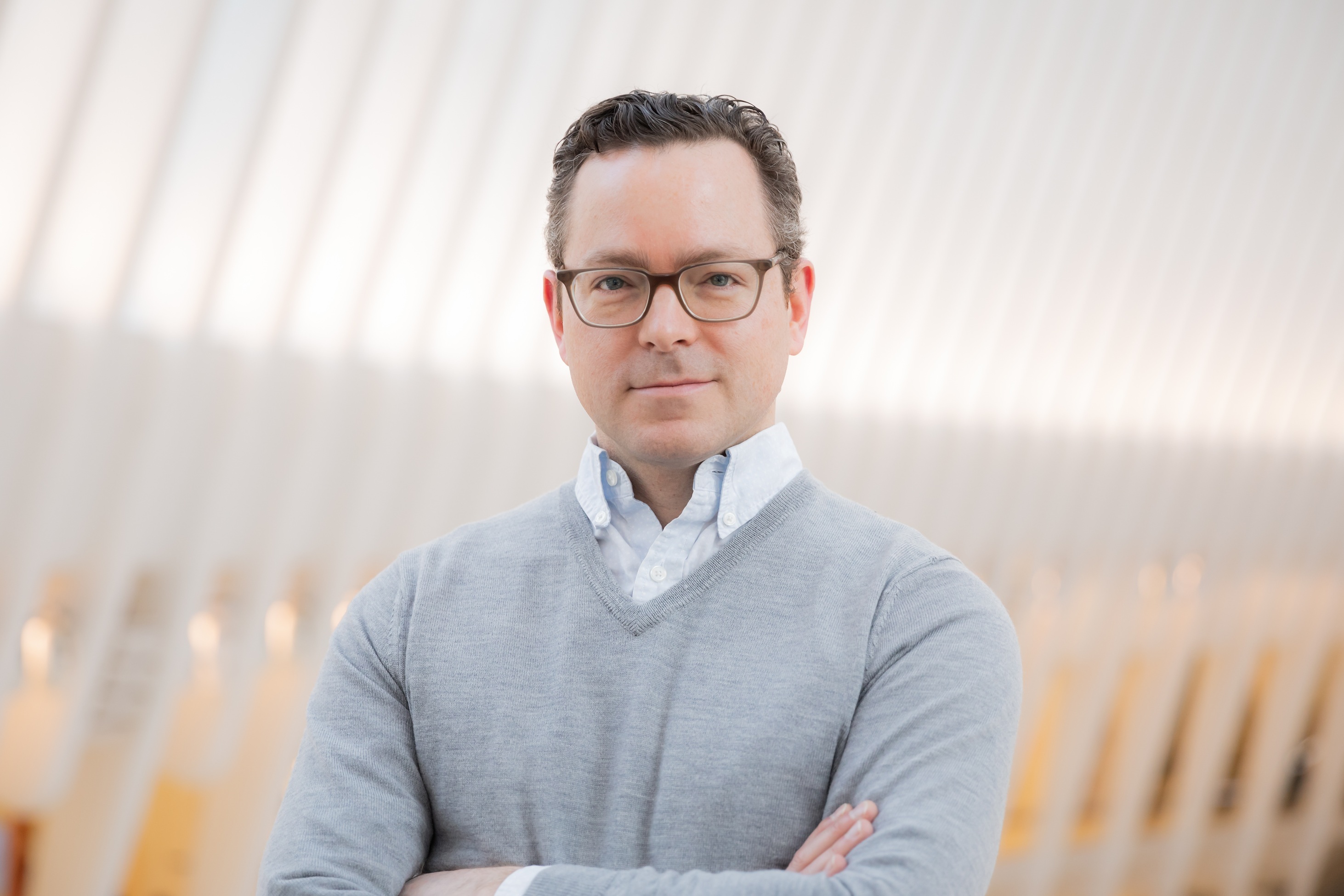Forget the Digital Divide, a Google leader is warning of the forthcoming "AI Divide"
AI seems to be an essential part of every tech product released today — and that’s precisely the problem

Every laptop maker under the sun has been debuting AI PCs this year, each powered by impressive processors from almost every chipmaker.
Indeed, AI seems to be an essential part of every tech product released today — and that’s precisely the problem, warns James Manyika, Google's Senior Vice President of Research, Tech, and Society.
“We already have a Digital Divide," Manyika remarked on Wednesday. "There’s a real risk that it turns into an AI Divide. So how do you make sure that doesn’t happen?”
Manyika was co-chair of a UN Advisory Body on artificial intelligence, which this month published "Governing AI for Humanity," a whitepaper on managing AI-related risks and its global future. As outlined in that report, the impact of AI, or lack thereof, on the Global South is particularly noteworthy because access to computers capable of AI processing is one of the most considerable barriers to AI growth in developing or underdeveloped countries in Asia, Africa, Latin America, and Oceania.

The right framework must be in place to govern AI development, to ensure its fair use for all people. Yet much of the Global South hasn’t been part of the conversation.
“There are all kinds of risks to AI, such as misapplication and misuse,” he explained during a Washington Post Live event Wednesday at a Samsung event space in downtown New York City.
Manyika explained that seven countries participated in most of the recent declarations about the safe use of AI before addressing the problem: “About 118 countries haven’t participated in any of them."
Sign up to receive The Snapshot, a free special dispatch from Laptop Mag, in your inbox.
So forget whether your next laptop has a chip with sufficient TOPS of computing power to run some silly Windows features. Many African countries haven’t been involved at all in the AI governance discussion and haven’t benefited from any of the advances Western countries take for granted.
We already have a Digital Divide. There’s a real risk that it turns into an AI Divide.
James Manyika, Google SVP
In essence, Manyika asked an important question: Should we worry about whether our next washing machine can use AI to sense how dry our clothes are or whether the entire world is benefiting from this technology revolution?
“A lot of what’s required is finding ways to give those countries and those communities access to the AI ingredients — access to computers, access to the models, and so forth.
"But in addition, there’s a big need for an AI infrastructure. We forget that many places don’t have adequate access … some places don’t have adequate access to electricity!”
Manyika explained some ways Google is attempting to resolve the basic connectivity issues and ultimately prevent an AI Divide from forming.
He described two massive cables Google has constructed throughout Africa: The subsea cable named after Nigerian writer and abolitionist Olaudah Equiano, which runs from the top of Africa to the bottom, and more recently, Umoja (Swahili for "unity"), an east-to-west cable that runs from Rwanda through Kenya and connects Africa to Asia.
“Those are all intended to be ways to try to improve connectivity and the costs associated with that,” he explained.
With the right access to AI and technology comes access to information, economic benefits, improved food security, and so forth. It’s one reason Google Translate has expanded over the last three years from 30 or so languages to a whopping 243 — thanks to the help of AI, of course.
“We added another 110 languages in the last ten months — those are languages spoken by half a billion people, all in the Global South. In fact, our goal is to get to 1,000 languages as soon as possible so that people have access to information.”
He noted that a global AI summit is scheduled for April 2025 in Kigali, Rwanda, to ensure that Africa plays a consequential role in the global AI ecosystem. But Manyika said there’s work to be done before then.
“The Digital Divide capability gap is quite real. That’s what we have to do. We all have work to do.”

After 25 years covering the technology industry, Jeremy Kaplan is a familiar face in the media world. As a Content Director at Future, he is responsible for product development and quality. He was formerly Editor-in-Chief of Digital Trends, where he transformed a niche publisher into one of the fastest-growing properties in digital media. Before that, he spent half a decade at one of the largest news agencies in the world and cut his teeth in the magazine business long before the birth of the iPhone. In 2019, he was named to the FOLIO: 100, which honors publishing professionals making an industry-wide impact.

